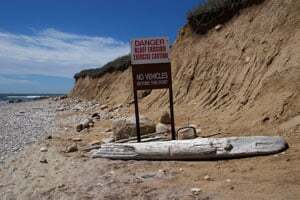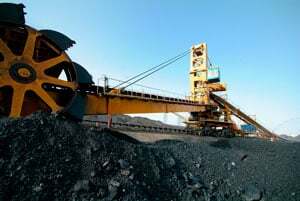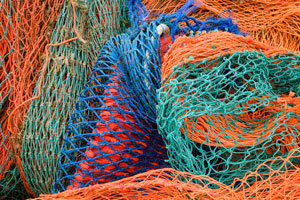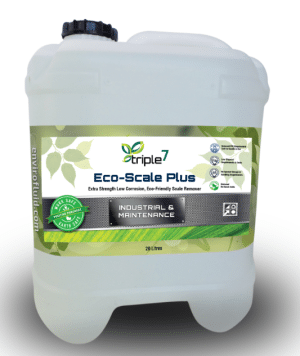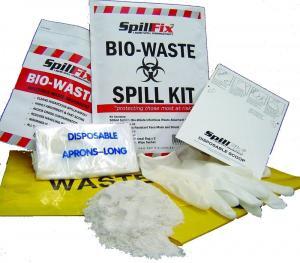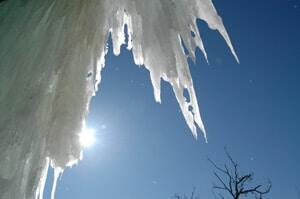 Climatic change has happened regularly in the past and evidence suggests that it is cyclic. That’s the old kind….the kind of climate change that happened about 23,000 years ago, when humans were few in numbers, living in caves and hunting animals. 1
Climatic change has happened regularly in the past and evidence suggests that it is cyclic. That’s the old kind….the kind of climate change that happened about 23,000 years ago, when humans were few in numbers, living in caves and hunting animals. 1
Right now, there is a different, man-made climate change occurring and unfortunately human activity on Earth might just have accelerated the evitable.
The last time climate change occurred and the ice melted, it slowed down and weakened the Gulf Stream which is responsible for bringing warm waters to Europe and prevents Europe from freezing over.2 Climate change scientists have already detected large scale melting of ice around Greenland.
Historically, according to scientific data, we should be approaching another ice age. 3 Instead, thanks to the industrial revolution and advances we have not only postponed the ice age, we seem to be heading towards a meltdown and it’s difficult to say which is worse. For its part, Greenland seems to be eagerly awaiting warmer times because the melting glaciers would expose the earth benefit and geologists predict that Greenland might have massive quantities of oil resources waiting to be extracted. 4 Also, melting ice would expose land for agriculture. Regions which until now used to be buried deep in ice might support agriculture.
While some regions of world no doubt secretly welcome climate change for the possible rewards it might bring them fiscally, others dread climate change for the disasters it might bring due to melting ice. For starters, if all the ice were to melt, the ocean water levels would increase by 200 feet. 5 Assuming that just 10% of ice melted and the sea levels rose by only 20 feet; it would still be enough to sink most major cities in the world. Venice would no longer be above sea level at all, and we would lose one of the most unique cities in the world. 6
Effects of climate change however are not 100% predictable. For example, it would be logically correct to assume that melting ice would expose the earth below and raise sea levels. However, if melting ice results in the Gulf Stream coming to a halt, then Europe and the North would instantly re-freeze.
Current individual hot and cold spells however have got nothing to do with climate change and are merely a product of local climate variations. Instead, to detect climate change we need to look at long term data. For example, if historic temperature data is analysed, we would find that the last decade has been the warmest on record.7 Also 2010 has been warmer than 2009 and 2009 has been warmer than 2008 i.e. average global temperatures have been rising year on year – which is definitely not a good sign. With increasing heat, climate change could turn some parts of the world into deserts hot enough to burn exposed flesh while Europe could freeze over and low lying places and entire countries might just disappear under the rising waters of the sea.
Unless we find a way to not only halt but reverse climate change, some parts of our magnificent planet could burn, freeze or drown.
For information about eco-friendly products that respect the environment, phone Envirosafe Solutions on 1300 889070
Sources:
1. The last climate change: http://www.scotese.com/climate.htm
2. The power of the Gulf Stream: http://en.wikipedia.org/wiki/Gulf_Stream
3. The last ice age: http://library.thinkquest.org/3876/iceage.html
4. If Greenland ice sheet were to melt: http://en.wikipedia.org/wiki/Greenland_ice_sheet#The_melting_ice_sheet
5. If all the ice on Earth melted: http://express.howstuffworks.com/ask-mb-ice-melt.htm
6. High water level in Venice: http://www.boston.com/bigpicture/2008/12/venice_under_water.html
7. Historic temperature data: http://www.geocraft.com/WVFossils/ice_ages.html














